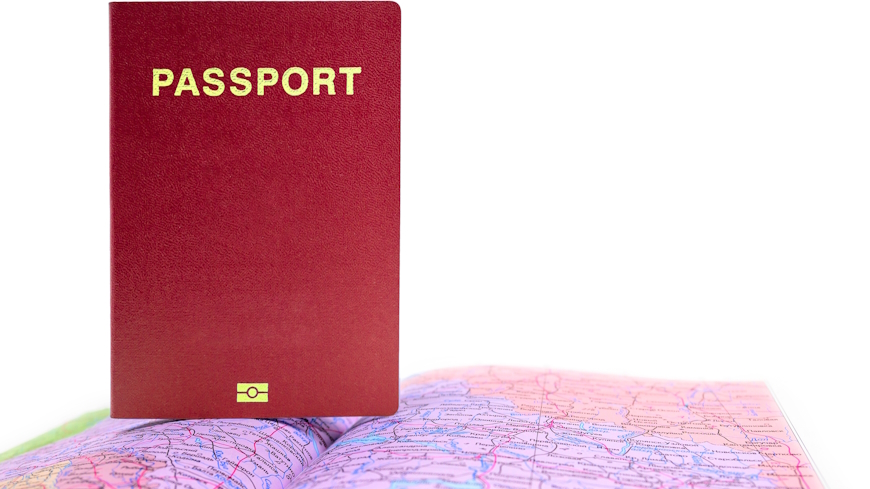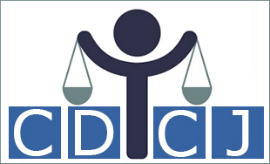Statelessness and access to nationality

Statelessness remains a significant issue both globally and in Europe. The causes of statelessness are manifold, including complexities of conflicts in nationality laws, state succession, forced displacement, historical and contemporary migration, structural birth registration problems, access to nationality and related administrative practices.
The right to a nationality is reflected in numerous widely ratified international treaties and is considered a gateway to the enjoyment of a range of other rights. It also constitutes part of a person's social identity as highlighted by the European Court of Human Rights. Yet, according to the United Nations High Commissioner for Refugees (UNHCR) latest estimates in 2022, there are some 442 000 stateless persons, including those with undetermined nationality living in Europe. The lack of nationality has a serious impact on their lives, their enjoyment of the full range of human rights, including access to education, employment, healthcare, housing, and freedom of movement.
With the adoption of the 2030 Agenda, member states have committed “to leave no one behind” in their implementation of the Sustainable Development Goals (SDG), and this can only be achieved if everyone, including those who are stateless, have access to justice and a legal identity, including birth registration. Many SDGs are relevant in this context, in particular SDG 16 (Peace, Justice, and Strong Institutions), but also SDGs 4, 5, 10 and 17.
The Council of Europe considers as a priority the need to ensure the effective enjoyment of human rights by the most vulnerable, including those faced with nationality and statelessness issues.
In the light of the conclusions of the international conference on “Statelessness and the right to a nationality in Europe: progress, challenges and opportunities” organised jointly with the UNHCR in 2021 and the Analysis of current practices and challenges regarding the avoidance and reduction of statelessness in Europe, the Council of Europe, through its European Committee on Legal Co-operation (CDCJ), will focus in 2024-2026 on issues relating to the statelessness of children and their access to nationality, and will develop guidance on child sensitive procedures in administrative and migration law matters for children who are stateless or at risk of being stateless as well as guidance on the establishment of nationality for children.
These activities will contribute to the Council of Europe Action Plan on Protecting Vulnerable Persons in the Context of Migration and Asylum in Europe (2021-2025) and the Council of Europe Strategy for the Rights of the Child (2022-2027).
INTERNATIONAL CONFERENCE AND TECHNICAL MEETING OF EXPERTS (Strasbourg 23-24 September 2021)
The CDCJ are organising jointly with the UNHCR, a technical meeting of experts and an international conference (23-24 September 2021) to raise awareness and promote the accession of all its 47 member States to International and European conventions relating to nationality and statelessness, and their successful implementation.
CDCJ AD-HOC MEETING ON STATELESSNESS (Strasbourg, 11-12 June 2019)
Bearing in mind the Council of Europe Action Plan on protecting refugee and migrant children for 2017-2019, an ad hoc meeting was held in June 2019 to review the protocols and procedures used by member States. The outcome of their work was taken into account in an detailed analysis of current practices and challenges regarding the avoidance and reduction of statelessness in Europe. (see more)
UNHCR and Council of Europe discuss statelessness, urge States to uphold the right to a nationality in Europe
Strengthening efforts to end statelessness in Europe and guarantee the provision of fundamental rights to everyone was the key theme of the events organised on 23-24 September in Strasbourg by the Council of Europe’s European Committee on Legal Co-operation (CDCJ) and UNHCR, the UN Refugee...
Statelessness and the right to a nationality in Europe
An international conference jointly organised by the Council of Europe, through the European Committee on Legal Co-operation, and the United Nations Refugee Agency (UNHCR) will examine how member states in Europe can best address the problem of statelessness and foster opportunities to rally...



